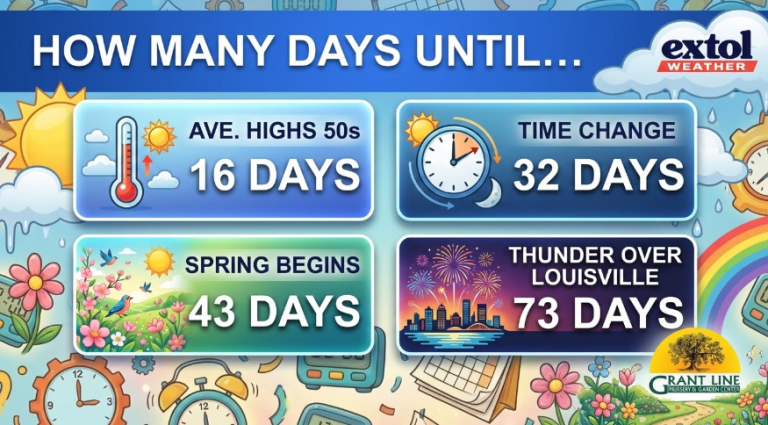
Douglas York, CPA, President
By Doug York, CPA, President of Rodefer Moss
The size and complexity of the Affordable Care Act’s (Obamacare) rules have been among its biggest problems since former President Barack Obama first put pen to paper to sign it into law. The situation becomes even more complicated around tax time. Employers must provide information both to employees and the IRS to avoid having to pay a penalty.
With Washington’s political wrangling fully underway over the future off Obamacare, there may be a belief among some that the law is in limbo and that we’re in a wait-and-see mode in terms of compliance.
No. Obamacare has not changed and neither have its requirements.
The resulting administrative burden is such that an extension has been given to employers to provide to employees IRS forms necessary to comply with the law. The IRS’s original deadline of Jan. 31, 2017 has been extended to March 2, 2017, for employers to have these forms in employees’ hands.
Additionally, if an employer errs, but nevertheless demonstrates “good faith” in their efforts, they can self-correct their issue without Uncle Sam’s heavy hand handing out penalties.
Employers with at least 50 full-time employees are required to provide a baseline, law-approved set of essential health benefits (EHB) to employees affected by the law’s definitions of full-time employees or equivalent employees. This information must be presented to Employees on IRS form 1095 –C. This ensures employees (as well as the IRS) understand what, and how, they’re affected. Perhaps most importantly to the IRS the form reveals whether it’s owed money in penalties.
IRS Forms 1095-B 1095-C are the object of the extension. The IRS explains on its website what the forms accomplish:
- “Form 1095-B, Health Coverage, provides you with information about your health care coverage if you, your spouse or your dependents enrolled in coverage through an insurance provider or self-insured employer last year,” (https://www.irs.gov/affordable-care-act/individuals-and-families/heres-what-you-need-to-do-with-your-form-1095b).
- “Form 1095-C, Employer-Provided Health Insurance Offer and Coverage Insurance, provides you with information about the health coverage offered by your employer. In some cases, it may also provide information about whether you enrolled in this coverage,” (https://www.irs.gov/affordable-care-act/individuals-and-families/heres-what-you-need-to-do-with-your-form-1095c).”
- “Form 1095-B, Health Coverage, provides you with information about your health care coverage if you, your spouse or your dependents enrolled in coverage through an insurance provider or self-insured employer last year.”
Employers received no extension in the timing to submit their 1094 and 1095 forms to demonstrate Obamacare-related compliance information (separate from the IRS forms listed above) to the IRS. These deadlines are Feb. 28 for those filing via paper, March 31 for those filing electronically.
The extension to March, 2, 2017 conceivably will result in a delay in tax returns if employees wait to have the forms in their possession before filing their taxes; however, taxpayers can use other documentation, such as insurance coverage and proof of payment, to show their status under Obamacare’s requirements.
An employer who files the wrong forms, or files forms with errors or inaccuracies, won’t be penalized by the IRS if the employer can demonstrate a “good faith” effort was made to abide by the law.
Obamacare may be changing, but the safest thing to do is not to assume and proceed as if nothing has changed in terms of reporting requirements. Because indeed, nothing has, changed.
















